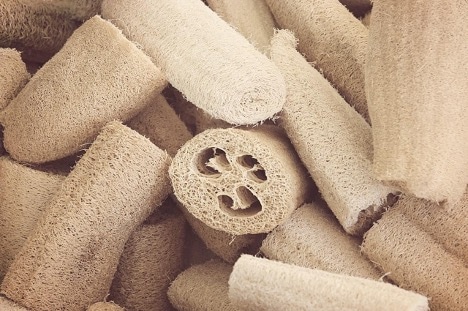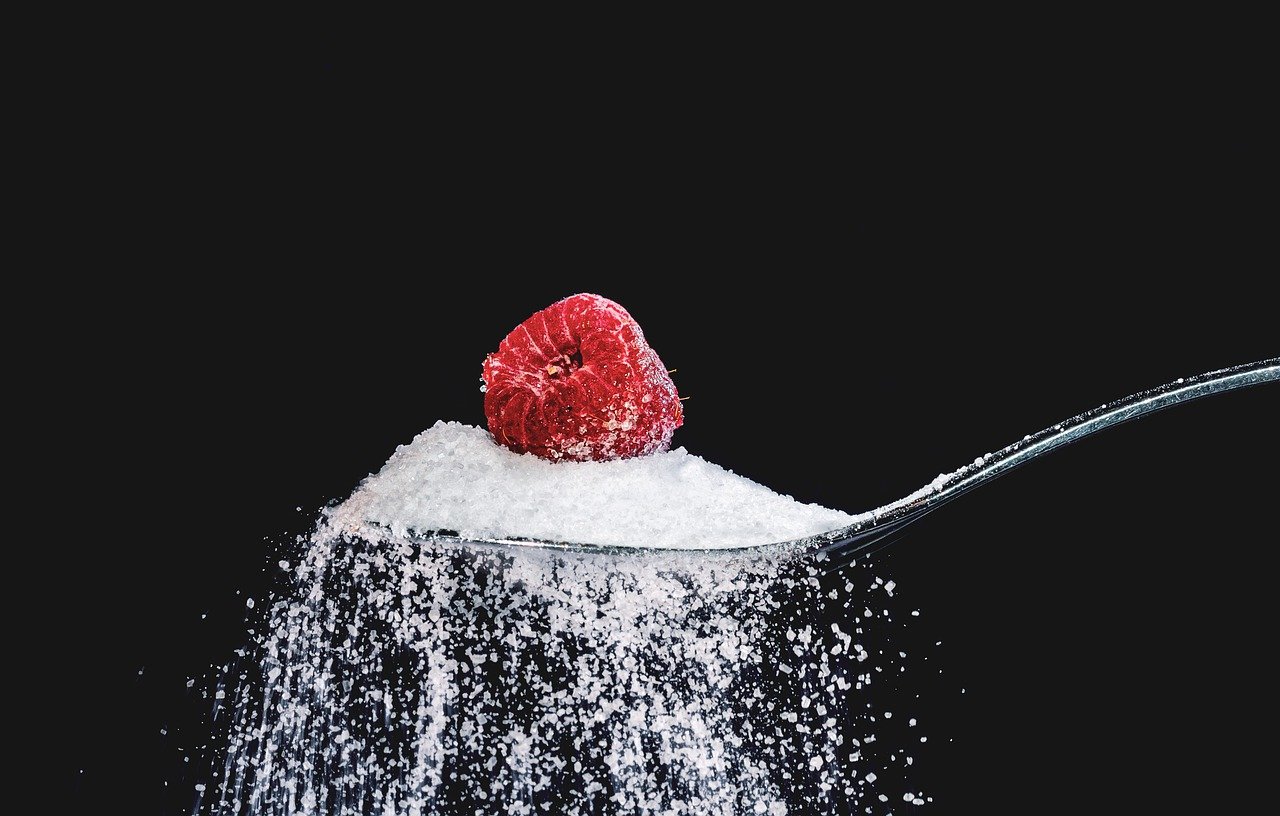What’s not to love about the warm summer months? The sun is shining, and there are always outdoor activities to do or vacations to enjoy. During all of these happy events, it is easy to forget how important it is to protect your skin from the harsh UV rays of the summer sun. The hotter parts of the year usually mean that your skin is more exposed and it becomes a challenge just to remain cool and fresh. Without taking the proper precautions in your skincare routine, you expose yourself to skin damage. Sunburn is typically associated with extended exposure to the sun. This may not seem like a huge concern as it is usually very common. However, sunburn could quickly become serious if the burn is severe. The collagen in your skin is broken down by UV rays. When you stay in the sun for too long, you open yourself up to the risk of age spots, sagging, wrinkles and potential skin cancer. Even though a deep tan may seem appealing, there are specific steps that you should always take in your skincare habits to ensure you always protect your skin.
Considerations for your Skin Throughout the Summer Months
- Water is a necessity during the summer for your overall health. Hotter months mean that you will sweat more which could easily dehydrate your body. Dehydration could mean headaches and dizziness, if not something worse. Poor hydration could have grave consequences for your skin. Hydrate your skin as much as possible by ensuring you drink at least eight 8-ounce glasses of water every day. Make sure that you increase your water intake if you drink any beverages that contain caffeine as these drinks can dehydrate you as well.
- Eating the right kind of food during the hotter months can have a direct effect on your skin. Melons are a delicious treat for the summer. They provide the added benefit of being full of water and vitamins that boost a natural, beautiful complexion. Fruits such as strawberries and incorporating vegetables that are rich in vitamin C and E can aid in your overall skin health.
- While making sure that you hydrate your skin is important, it is worth noting that overhydrating your skin could also cause adverse effects. You should still apply lotions and other moisturizers during the summer but do so sparingly. As you sweat in the heat, your body is creating its own form of moisture. Adding to it with cream can lead to oily skin.
- Using accessories during the summer is great fun and an easy way to protect your skin. Finding a fashionable oversized hat or coverall incorporates your sense of style along with the benefit of shielding your skin from the sun.
- Dead skin tends to build up on your skin more during summertime. This is due to the increase in the constant interaction with dust, dirt, and debris from being outdoors. Using an exfoliant during this time can do wonders for your skin. It is best to exfoliate in the morning before any makeup, moisturizer or sunscreen.
- Your lips are a focal part of your face and should never be forgotten during your summer skincare regimen. Prolonged sun exposure could also cause sunburn on your lips. Always remember to use a lip balm with an SPF of at least 15 to ensure that your lips are protected.
- Another often-forgotten part of your body that needs extra care during the summer is your scalp. While your hair serves as a form of protection against the sun, you should always use proper skin care products as an added shield. Focus on buying a sunscreen specifically made for your scalp. This type of product aids in avoiding any issues to your hair that a regular lotion sunscreen may cause.
- Using sunscreen is critical if you plan on being outside for any length of time. Even though a deep, dark tan may seem appealing, prolonged exposure to UV rays can cause severe issues to your skin over and above a mere sunburn. Sunscreen should be used multiple times during the course of your time outside. A good rule of thumb is to apply sunscreen every two hours.
- Even though sunscreen is a great way to shield your skin, your best form of defense against the sun is to stay in shaded areas as much as possible if you are outside. The sun tends to be hottest from mid-morning to late afternoon. This is the time that you are most likely to develop a sunburn. If you cannot be in the shade, then make sure to apply sunscreen liberally.
- When you have spent the day outside, you may be inclined to wash away all the dust and grime of the day. It is important to remember to take a cool shower after being in the sun all day. The refreshing water not only cools the temperature of your skin but avoids excess dryness. There is also the bonus of reducing the chance of breakouts as a cool shower will help your skin to stay clear.
Summer is a beautiful time to spend as much time enjoying the outdoors with your family and friends. It is vital to remember simple adjustments that you can make to your skincare routine to ensure that you do not cause lasting damage to your skin. Using any of these skincare tips does not have to take up too much of your time. It is important to remember that it is never too late to start developing healthy habits for your skin. However, if you are consistent with performing a routine to protect your skin, it will become second nature to your overall way of life. Safeguarding your skin is just as important as maintaining a healthy diet or not smoking. By using high-quality products on your skin, you significantly reduce the risk of severe skin problems at any point in your life.
Skin changes with age. This does not mean you silently watch your skin turning all wrinkled and dull after a Read more
You have planned a vacation at one of the most beautiful beaches of the world. You have just four weeks Read more
According to New Beauty's blog, an examination of the trending searches on Pinterest throughout 2019 revealed an explosion of interest Read more
Japanese women have a reputation for aging extremely well. From their heads, to their hearts, to their heels, they are Read more
April Klazema
April is based in the Netherlands, and writes across a broad range of beauty, lifestyle, and childcare topics.














